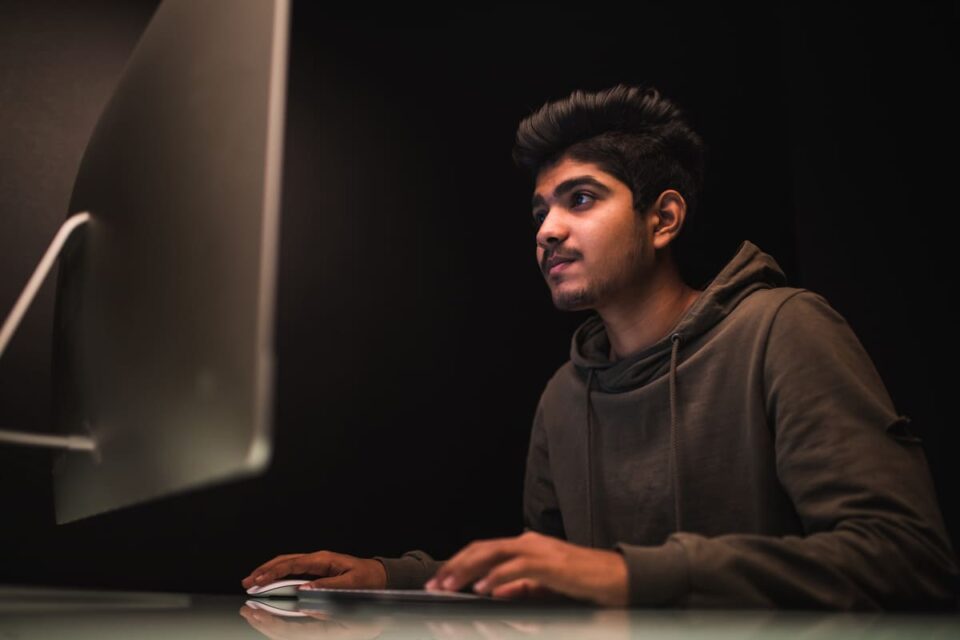“I can’t remember what silence sounds like anymore,” confesses the 29-year-old tech lead sitting in my clinic, his eyes fixed on his phone. Three missed calls from Silicon Valley, two unread WhatsApp messages from Singapore, and a calendar invite for a 3 AM product launch illuminate his screen. His trembling hands show me his daughter’s photo. “She turned four last week. I was on a client call.” His Apple Watch tells the story: heart rate 108, sleep score 42/100, stress level critical—another successful Bangalore startup story unfolding before my eyes.
Yesterday, he closed a significant project. Today, he struggles to remember his daughter’s laugh. “Seven figures in the bank, Doctor,” he says, his MacBook screen aglow with sixty unread Slack messages, “but I haven’t seen a sunset in three years.” This is Bangalore’s tech paradise, where we trade our sunrises for stock options and circadian rhythms for Series A funding. In this city, success is measured in sleepless nights, and burnout has become our most valuable currency.
The statistics paint a stark picture: 84% of Bangalore’s tech professionals under 30 exhibit cortisol patterns typically seen in combat soldiers under sustained stress. More alarming still, the average age for first-time anxiety medication prescriptions in our tech sector has plummeted from 41 to 26 in just three years. My youngest patient, diagnosed with executive burnout, received her diagnosis on the same day she celebrated her startup’s success. She was merely 23.
They arrive at my clinic complaining of insomnia. Still, their ailment is an epidemic of disappeared dreams—not about IPOs and funding rounds, but the simple pleasures of watching the rain fall or feeling sunlight on their faces. A recent NIMHANS study revealed a chilling truth: 37% of Bangalore’s tech workers report feeling “emotionally numb” to personal achievements. These artificial intelligence architects have lost touch with their human intelligence.
“I have three meditation apps,” a startup founder told me recently, his hands shaking as I noted his blood pressure: 160/100. “But I never have time to use them.” In our race to build India’s Silicon Valley, we’ve created a generation of digital monks—ascetics who’ve renounced not worldly pleasures but their fundamental right to rest, reflect, and remember who they are beyond their LinkedIn profiles.
The evidence of this crisis continues to mount. Recent metabolomic studies of my patients reveal disturbing patterns: elevated inflammatory markers, disrupted gut microbiomes, and shortened telomeres, suggesting accelerated cellular ageing. A 2023 study found that 67% of tech professionals in the city report poor sleep quality, with 45% showing signs of chronic stress. Their average sleep latency is 45 minutes, doubling the usual 10-20 minutes. More concerning is the rising incidence of “Tech Valley Syndrome”—a cluster of symptoms including sleep disorders, anxiety, hypertension, and metabolic disturbances. Neuroimaging studies show it reduced grey matter volume in the hippocampus, mirroring patterns seen in chronic stress conditions.
Bangalore’s infamous traffic has evolved from mere inconvenience to a health hazard. A senior developer tracked his stress levels during his daily commute from Electronic City to R.T. Nagar, revealing heart rates averaging 115 BPM during the two-hour journey—equivalent to a sustained brisk walk. His inflammatory markers, particularly IL-6 and TNF-alpha, remained consistently elevated. “I reach the office already exhausted,” he explained before relocating his team to Dharwad.
Yet, an unprecedented phenomenon is emerging: our brightest minds are fleeing, not from failure but from a success that increasingly rings hollow. A CTO who relocated his entire team to Mysore shared something profound: “In Bangalore, we were so busy disrupting industries that we didn’t notice we were disrupting our souls.” His company’s productivity increased by 40% after the move—not because they worked more, but because they finally remembered how to pause.
The healthcare system reflects these shifting tides. Speciality clinics focusing on stress management and lifestyle diseases are increasing at an unprecedented rate. Sleep specialists—a rarity five years ago—are in high demand. The average Apnea-Hypopnea Index among tech professionals in their thirties mirrors that typically seen in people decades older.
Some companies are taking notice. Progressive firms have banned meetings beyond 9:30 AM and 5:30 PM, aligning with natural cortisol rhythms. Others offer “wellness leaves” alongside traditional sick leave. A significant tech park in Whitefield has implemented mandatory “digital sunset” hours, creating device-free zones to manage blue light exposure and its impact on circadian rhythms.
Twenty years ago, Bangalore’s nights belonged to a select few: police officers, hospital staff, and essential workers keeping the city’s heart beating through dark hours. Today, over 500,000 young professionals work through the night, not for emergencies but to match American work hours. What was once an exception has become the norm. A senior police officer, Pradeep, recently observed, “At least we chose the night shift knowing it was necessary. These kids are forced to believe it’s normal.”
A thousand office lights pierce the night through my study window—each representing a Bangalore engineer trading their sunset for Silicon Valley’s dawn. I’m reminded of U.R. Ananthamurthy’s words: “ನಮ್ಮ ಯುವಕರು ಅಮೇರಿಕನ್ನರ ಹಗಲನ್ನು ಬೆಳಗಿಸಲು ತಮ್ಮ ರಾತ್ರಿಯನ್ನು ಬಲಿ ಕೊಡುತ್ತಿದ್ದಾರೆ” (Our youth are sacrificing their nights to illuminate America’s days). As another engineer trades dreams for deadlines tonight, I wonder: in this city of perpetual midnight, who will light the way back home? Perhaps it’s time we learned that success isn’t measured in the hours we trade, but in the lives we choose to live while the sun still shines.

